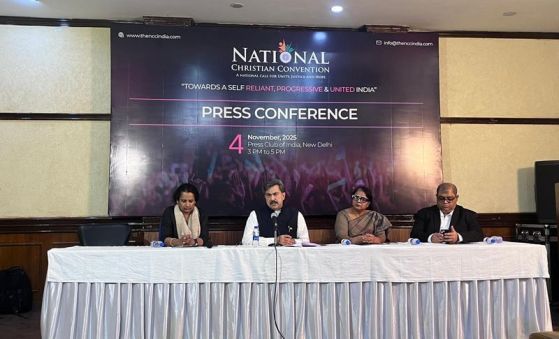
The Bible Society has released a comprehensive new report examining how culture, religion, politics, and economics influence how people around the world engage with the Bible.
Titled The Patmos Typology Report, the study was developed with the United Bible Societies and draws on Gallup’s global research data. It explores 85 countries and territories, grouped into seven “missiological clusters” that reveal both the barriers and opportunities for Scripture engagement.
The report builds on the earlier Patmos World Bible Attitudes Survey, the largest study of its kind, which surveyed more than 91,000 people worldwide. That study found that most people believe in God or a higher power, and that religion remains important in daily life for a majority of the world’s population. It also found that one in ten non-Christians expressed an interest in learning more about the Bible.
Together, the two studies move the discussion beyond Bible access to consider what helps or hinders people in actually reading, trusting, and applying Scripture in their lives.
Seven global “clusters” shaping bible engagement
The Patmos report identifies seven shared contexts, or clusters, that cut across geographical boundaries and cultural lines:
Cluster 1: Found mostly in Muslim-majority countries such as Chad, Mali, Pakistan, and Afghanistan, where Christians are a small but steadfast minority. Bible ownership is low, yet faith remains central to daily life. The report recommends focusing on oral, audio, and youth-led Bible initiatives to strengthen local engagement.
Cluster 2: Primarily in Central and Eastern Europe, including Hungary, Russia, and Albania. Christianity remains the majority faith, but its cultural influence is declining, especially among younger generations. Churches are encouraged to rebuild trust and relevance through community relationships rather than formal institutions.
Cluster 3: Covers wealthier, majority-Muslim countries such as Saudi Arabia, Egypt, and Lebanon. Public evangelism is restricted, but curiosity about Christianity endures. Discreet, digital, and relationship-based Bible engagement is advised.
Cluster 4: Encompasses much of Latin America and the Philippines, where Christianity continues to shape public life but faces increasing secular influences. The report calls for approaches connecting the Bible with social realities like inequality, youth culture, and identity.
Cluster 5: Includes highly developed and secular societies such as the UK, US, France, and Australia. While many own a Bible, few read it regularly. Creative methods such as storytelling, the arts, and digital platforms are needed to spark renewed curiosity, especially among younger people.
Cluster 6: Spans much of Asia, including India, Japan, and Thailand, where Christianity is a minority faith and awareness of the Bible is very low. Long-term investment in education, storytelling, and digital outreach is encouraged to build familiarity with Scripture.
Cluster 7: Found in Sub-Saharan Africa, including Kenya, Nigeria, and South Africa, where Christianity is vibrant and growing. The challenge, the report says, is moving beyond access to “depth” through discipleship, leadership development, and youth engagement that integrates faith into community life.
Moving from access to transformation
The report cautions against “one-size-fits-all” approaches, comparing Bible work to the Parable of the Sower, where understanding local “soil” conditions is essential for growth.
Bible Society researcher Rich Powney said the findings offer “a deeper understanding of the cultural and spiritual realities shaping how people connect with the Bible.”
“The ability to access Scripture is only the first step,” the report concludes. “The real goal is for people everywhere to encounter the Bible in ways that speak to their hearts and transform their lives.”
Adapted from CT UK.




